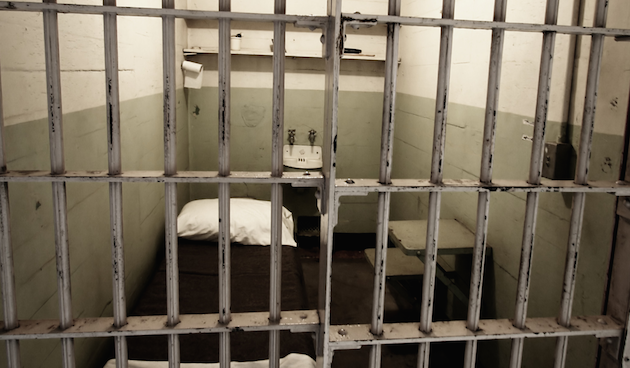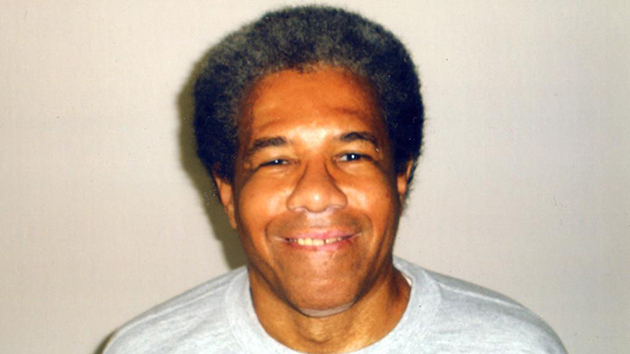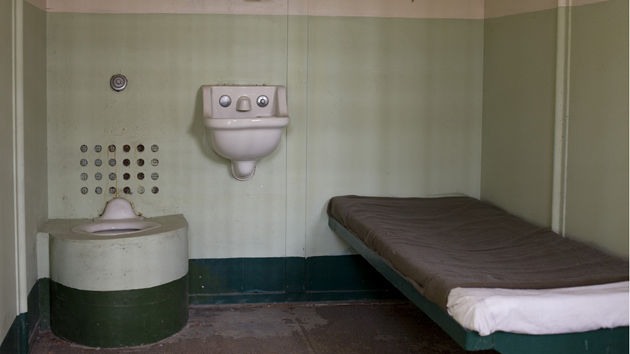
krystian_o/Flickr
President Obama announced a set of sweeping prison reforms on Monday night, ending solitary confinement for juveniles and prohibiting the practice for punishment of those who’ve commited low-level infractions. The reforms, adopted from recommendations by the Justice Department, will also expand treatment for mentally ill prisoners. About about 10,000 people in the federal prison system will be affected.
While the announcement is a significant step in Obama’s criminal-justice reform agenda, the new policies won’t affect the overwhelming majority of US inmates, who are imprisoned for state-level crimes.
In a Washington Post op-ed, Obama outlined the argument against solitary confinement
How can we subject prisoners to unnecessary solitary confinement, knowing its effects, and then expect them to return to our communities as whole people? It doesn’t make us safer. It’s an affront to our common humanity.
(…)
The Justice Department has completed its review, and I am adopting its recommendations to reform the federal prison system. These include banning solitary confinement for juveniles and as a response to low-level infractions, expanding treatment for the mentally ill and increasing the amount of time inmates in solitary can spend outside of their cells. These steps will affect some 10,000 federal prisoners held in solitary confinement — and hopefully serve as a model for state and local corrections systems. And I will direct all relevant federal agencies to review these principles and report back to me with a plan to address their use of solitary confinement.
While solitary confinement is a “necessary tool” under some circumstances, according to the op-ed—though terribly inhumane, according to people who have actually experienced it—the practice has been subject to “overuse.”
There are as many as 100,000 people held in solitary confinement in U.S. prisons — including juveniles and people with mental illnesses. As many as 25,000 inmates are serving months, even years of their sentences alone in a tiny cell, with almost no human contact.
Research suggests that solitary confinement has the potential to lead to devastating, lasting psychological consequences. It has been linked to depression, alienation, withdrawal, a reduced ability to interact with others and the potential for violent behavior. Some studies indicate that it can worsen existing mental illnesses and even trigger new ones. Prisoners in solitary are more likely to commit suicide, especially juveniles and people with mental illnesses.
The United States is a nation of second chances, but the experience of solitary confinement too often undercuts that second chance. Those who do make it out often have trouble holding down jobs, reuniting with family and becoming productive members of society. Imagine having served your time and then being unable to hand change over to a customer or look your wife in the eye or hug your children.














